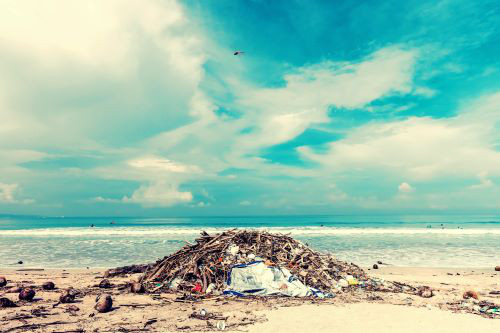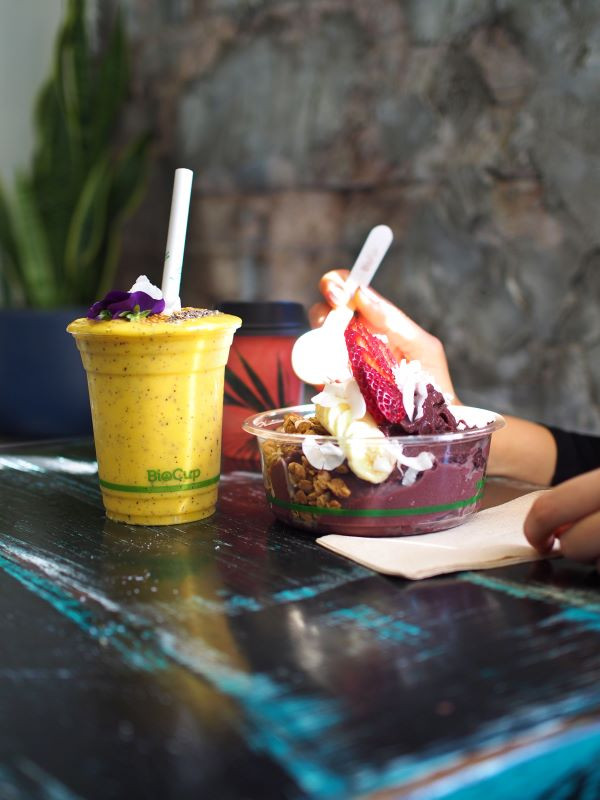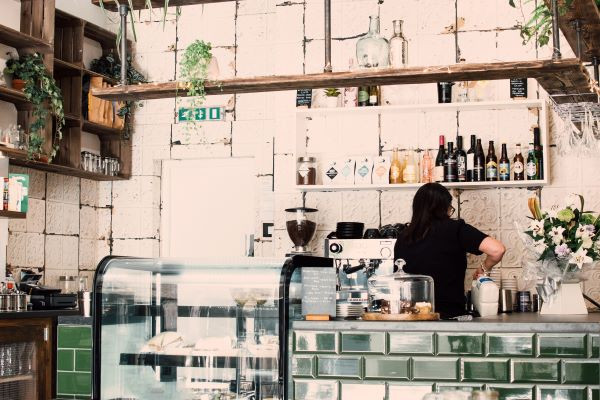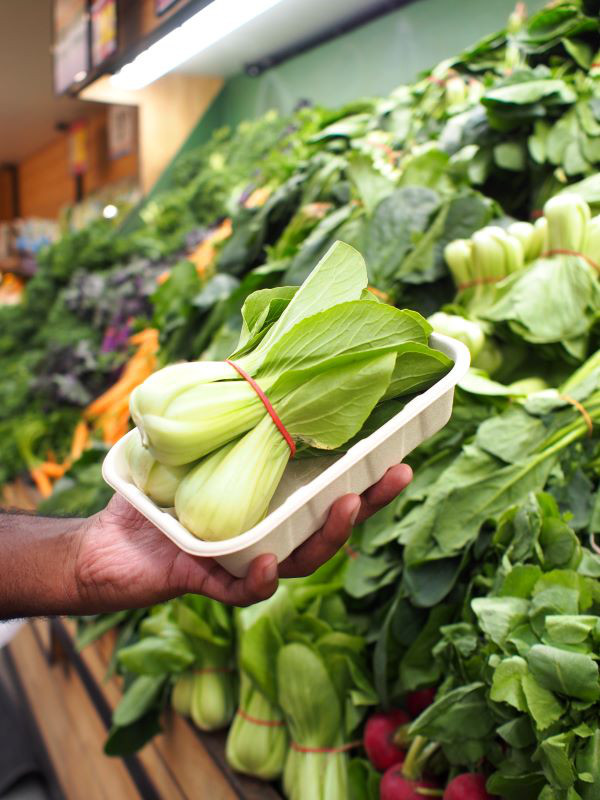9th Jul 2020
One Tasmanian family emerged from their home after a long weekend to find garbage strewn across their previously pristine beach. As COVID-19 restrictions have eased, people have been getting out more – and that means more picnics, more late-night outdoor celebrations, more weekend getaways. The family spent several hours cleaning up the debris, which included melted plastic bottles and bags, smashed glass bottles, fishing lines and even a gas coo… Read more
8th Jul 2020
Determining what products are truly sustainable and why can be very difficult. Here, we give a short refresher on why bioplastics are better than conventional plastics.
Bioplastics
Bioplastics come from renewable resources like sugarcane, rather than from non-renewable fossil fuels. BioPak agrees that to be 100% sustainable, customers should BYO coffee cups, plates, cutlery, rather than using disposable items. However, sometimes this is not conv… Read more
7th Jul 2020
70% of Aussies are worried our cafes will never be the same after COVID-19, according to a new report commissioned by Australian coffee roaster Harris Coffee. Five million Australians claim to have missed their local cafe more than pubs and clubs during the COVID-19 lockdown. In response, Harris has unveiled a first-of-its-kind initiative to help keep Australia's cafe culture alive and support cafes on the road to recovery.
Cafes Hit Hard
Ou… Read more
2nd Jul 2020
BioPak's chief executive Gary Smith says that a willingness to consider the broader costs of packaging, not just immediate monetary costs, can support innovation in fresh produce packaging.
Experimentation and Innovation
For BioPak to innovate, they must work alongside other food producers. BioPak's mission to create sustainable, environmentally friendly packaging is driven by innovation and experimentation – but, as Smith says, the success… Read more




